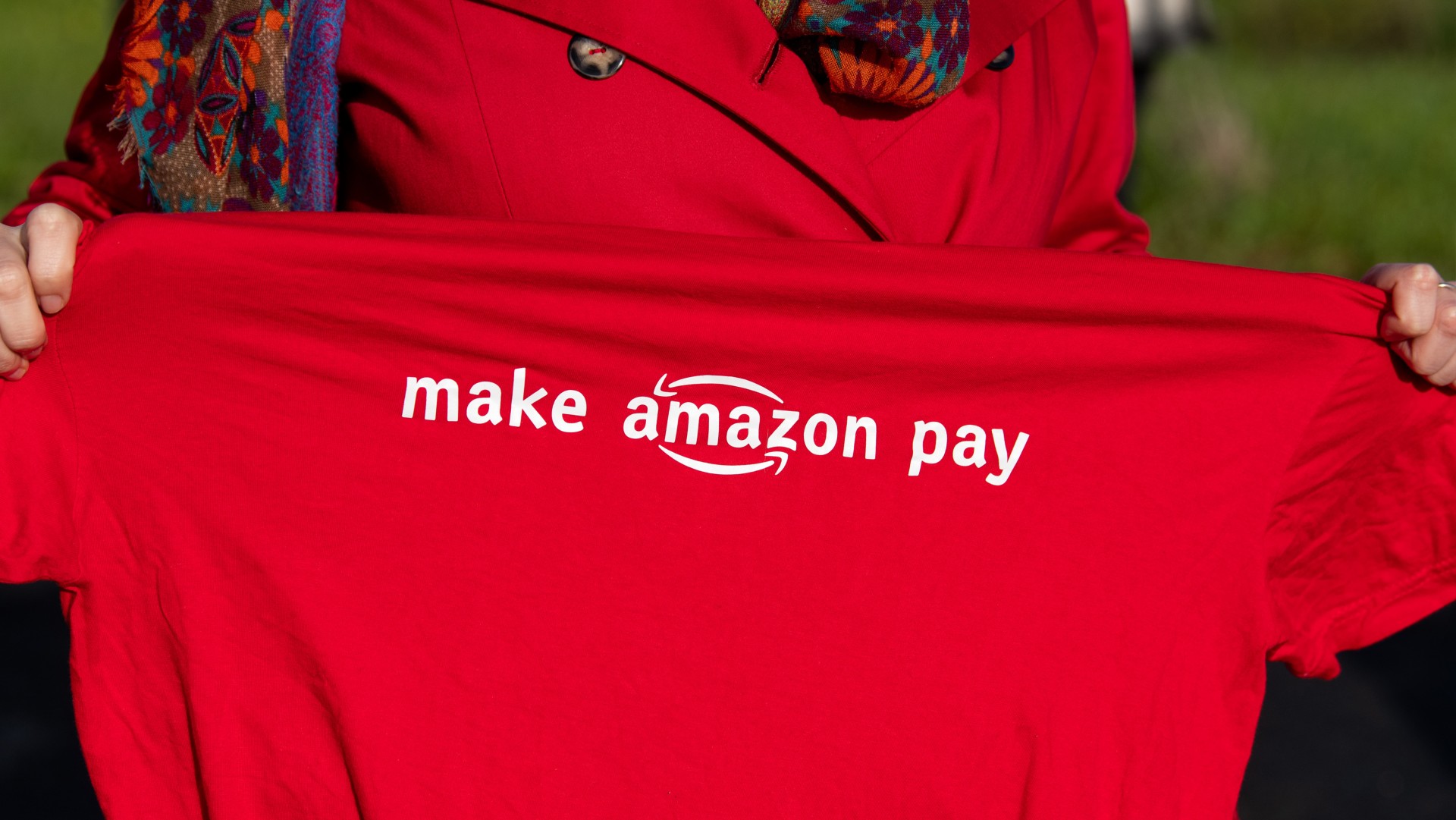Facebook ‘hides’ 1.5 billion users from privacy protection
Social network moves users out of reach of new European laws

A free daily email with the biggest news stories of the day – and the best features from TheWeek.com
You are now subscribed
Your newsletter sign-up was successful
Facebook is about to move 1.5 billion users out of reach of new European privacy laws by shifting responsibility for them from its international headquarters in Ireland to its US office. They will then be governed by US law rather than Irish law.
The change will be made shortly before the new EU rules – the General Data Protection Regulation or GDPR – come into force, says The Guardian. It is happening despite a pledge by Facebook founder Mark Zuckerberg to apply the “spirit” of the GDPR legislation worldwide.
The 1.5 billion people affected are all users outside the US, Canada and the EU. They will all now be subject to looser US legislation rather than the strict new EU rules.
The Week
Escape your echo chamber. Get the facts behind the news, plus analysis from multiple perspectives.

Sign up for The Week's Free Newsletters
From our morning news briefing to a weekly Good News Newsletter, get the best of The Week delivered directly to your inbox.
From our morning news briefing to a weekly Good News Newsletter, get the best of The Week delivered directly to your inbox.
Facebook insists it will be offering the “same privacy protections, controls and settings” to all users “no matter where they live”. Zuckerberg told Congress earlier this month that the GDPR controls would be applied to all Facebook users, not just those in the EU.
However, The Guardian notes that Zuckerberg talked of “controls” not “protections” – and the timing of the shift from Ireland to the US seems suspicious to data campaigners.
New settings, ‘same old bullsh**t’
Yesterday, Facebook announced the latest revision of its privacy settings, designed to satisfy the GDPR requirements. According to The Register’s Kieren McCarthy, the new settings are “the same old bulls**t”.
A free daily email with the biggest news stories of the day – and the best features from TheWeek.com
“To be clear,” says McCarthy, “Facebook's entire business model is built on gathering as much information as possible on you and then figuring out how to use that information to make as much money as possible.”
He suggests that the new settings try to bore users into giving consent for their data to be shared, arguing that they are neither adequately specific nor transparent.
-
 6 of the world’s most accessible destinations
6 of the world’s most accessible destinationsThe Week Recommends Experience all of Berlin, Singapore and Sydney
-
 How the FCC’s ‘equal time’ rule works
How the FCC’s ‘equal time’ rule worksIn the Spotlight The law is at the heart of the Colbert-CBS conflict
-
 What is the endgame in the DHS shutdown?
What is the endgame in the DHS shutdown?Today’s Big Question Democrats want to rein in ICE’s immigration crackdown
-
 Is Mark Zuckerberg out of ideas?
Is Mark Zuckerberg out of ideas?Speed Read The subscription service Meta Verified sounds awfully familiar
-
 How Amazon’s first UK strike could be a sign of things to come
How Amazon’s first UK strike could be a sign of things to comefeature Big Tech is facing increasing pressure from unions as cost-of-living crisis fuels nationwide unrest
-
 Meta: Zuckerberg's grand bet goes badly wrong
Meta: Zuckerberg's grand bet goes badly wrongfeature
-
 Leaning out: The most powerful woman in tech moves on
Leaning out: The most powerful woman in tech moves onfeature
-
 Sheryl Sandberg’s mixed legacy
Sheryl Sandberg’s mixed legacyIn the Spotlight The most important woman in tech is leaving Meta. Will she be missed?
-
 How toxic superusers determine what everyone else sees on Facebook
How toxic superusers determine what everyone else sees on FacebookSpeed Read
-
 Meta’s big plunge: ‘Zuck shock’ is a nasty ‘brush with reality’
Meta’s big plunge: ‘Zuck shock’ is a nasty ‘brush with reality’In the Spotlight Why have the social media giant’s shares fallen off a cliff?
-
 Facebook lost daily users for the 1st time in its history last quarter, and investors were not pleased
Facebook lost daily users for the 1st time in its history last quarter, and investors were not pleasedSpeed Read